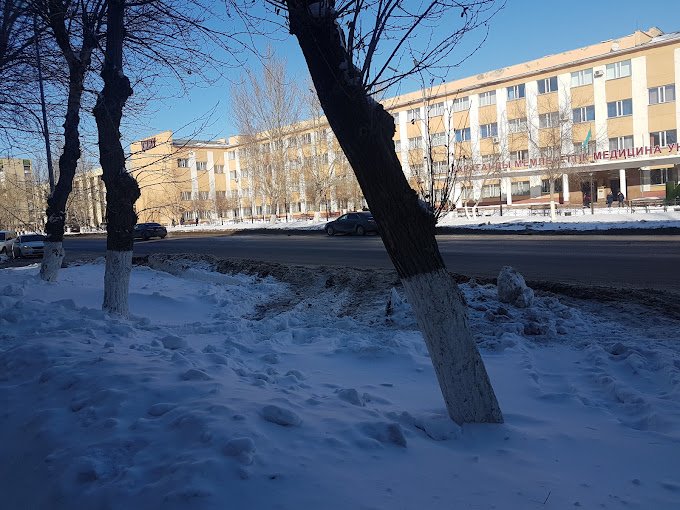
History and Rankings (2008-2011)
Karaganda State Medical Academy entered the Top-50 universities in Kazakhstan, securing the 8th place in 2008. It signed the Taraz Declaration and gained recognition from the Medical Council of India. In 2009, it transitioned to a university and expanded its master’s degree programs.
International Integration (2010-2013)
The university embraced the Bologna Process, signing the Great University Charter in 2010. It earned accreditation for its clinics and joined the “Avicenna” directory by the World Health Organization in 2011. Academic mobility and international conferences became prominent from 2011 onward.
Diversification and Innovation (2013-2016)
The institution introduced a multilevel structure for medical personnel training, incorporating a credit-based education system. New bachelor’s specialties were added in 2013. The university emphasized research-based learning, implemented new technologies, and expanded its infrastructure.
European Collaborations and Recognition (2014-2017)
Karaganda State Medical University engaged in international projects, winning grants under the Erasmus+ program. The university’s clinics received accreditation, and it achieved “THREE Stars” status in the “QS Stars” rating in 2018. Partnerships with European universities and innovations in education marked this period.
Transformation and Achievements (2018-2020)
The university underwent significant changes, transforming into a non-commercial joint-stock company. It received recognition for excellence in healthcare education and won grants for various projects. In 2020, it actively contributed to combating COVID-19 and underwent institutional monitoring for Erasmus+ projects.
Continued Excellence (2020 Onward)
The university continues to evolve, with ongoing projects under the Erasmus+ program and infrastructure expansion. It maintains its commitment to quality education, international collaborations, and addressing contemporary challenges in the medical field.

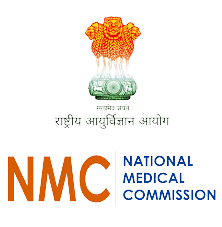
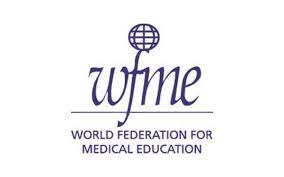
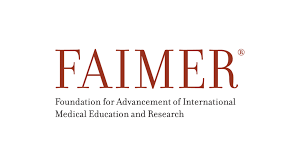
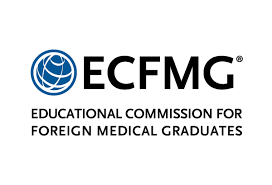
Hostel Accommodation:
Diverse Community Living:
Hostel Management:
Facilities for Academic and Physical Development:
Self-Cooking Facilities:
Well-Furnished Rooms:
Convenient Location:
Step 1: Initial Counseling
Step 2: Submission of Application
Step 3: Payment of Application Fee
Step 4: University Admission
Step 5: payment of 1st year Tuition Fees
Step 6: payment of Visa Processing & Documentation Charges
Step 7: Invitation Letter
Step 8: Visa Application
Step 9: Payment of Consultancy Service Charges
Step 10: Purchase of Air Ticket
Step 11: Document Safety
Step 12: Airport Reception and Briefing
Step 13: Arrival and Enrollment
Documents Required:
To ensure a smooth MBBS admission process at Altai State Medical University, Indian students are required to submit the following documents. Please note that all documents must be translated into Russian and duly certified at a consular department of the embassy (This will be taken care by RICH GLOBAL EDU)
Educational Documents:
NEET Exam Related:
Identification and Travel Documents:
Photographs:
Health and Safety Documents:
Ensuring that these documents are properly translated and certified is crucial for a successful application process.
Fee structure for the MBBS program at Asfendiyarov Kazakh National Medical University (KazNMU):
1st Year:
Total Fees in 1st Year: $5500
2nd Year:
Total Fees in 2nd Year: $5000
3rd Year:
Total Fees in 3rd Year: $5000
4th Year:
Total Fees in 4th Year: $5000
5th Year:
Total Fees in 5th Year: $5000
Total Fees for the Entire 5 Years: $25,500 in USD
Notably, any one-time charges have been excluded for simplicity and ease of understanding.
*Food/Indian Mess Cost = 100 to 120 USD Per Month
Additional Expenses only in 1st year
| Expense Component | Cost (INR) |
|---|---|
| Application Fees | INR 10,000 |
| Documentation & Visa Processing Charges | INR 1,00,000 |
| Consultancy Charges | INR 50,000 |
| Air Ticket | INR 30,000 – INR 40,000 |
Countries for MBBS Abroad
Top Universities for MBBS
FAQs
MBBS in Moldova
MBBS in Nepal
MBBS in USA
© 2024 Rich Global Edu